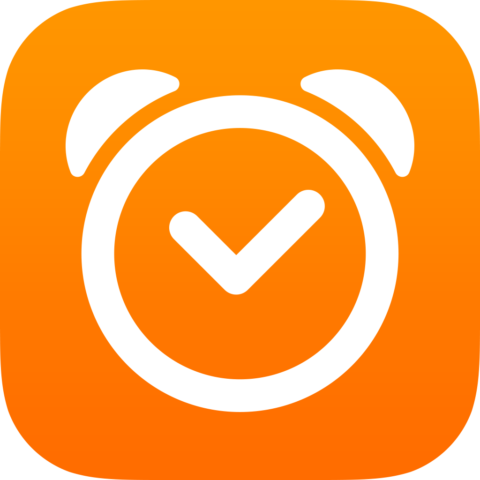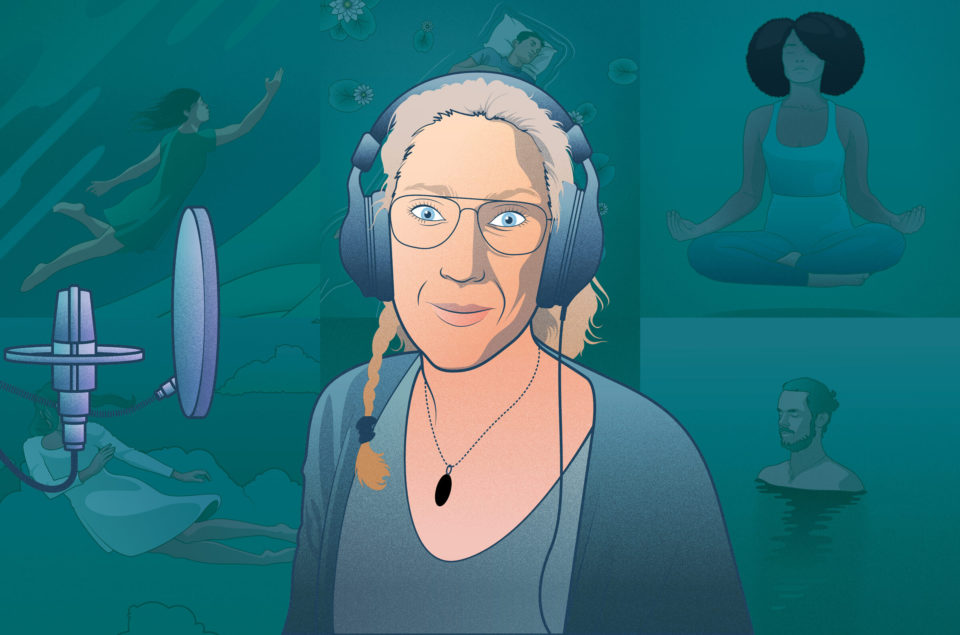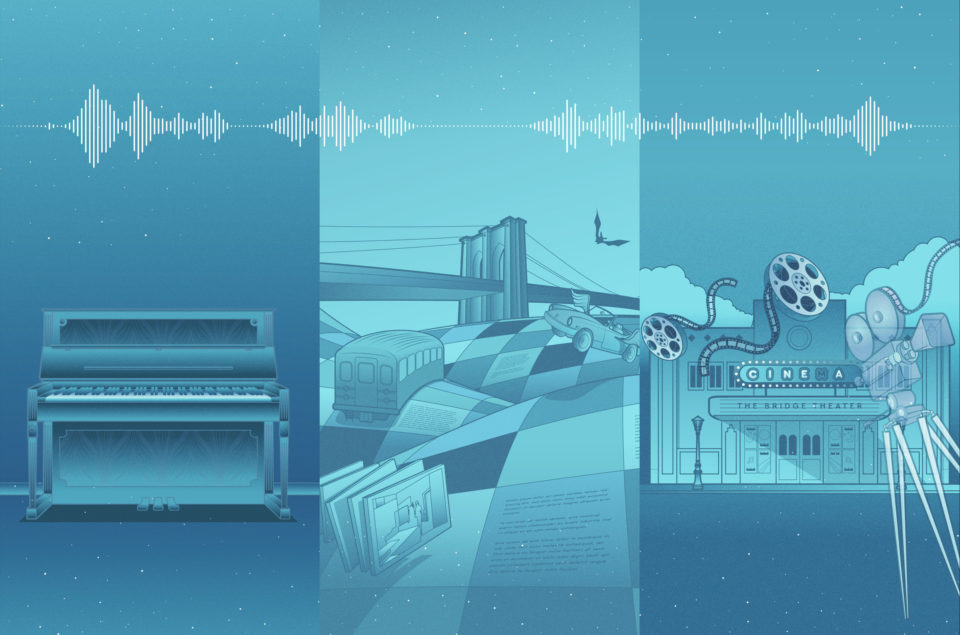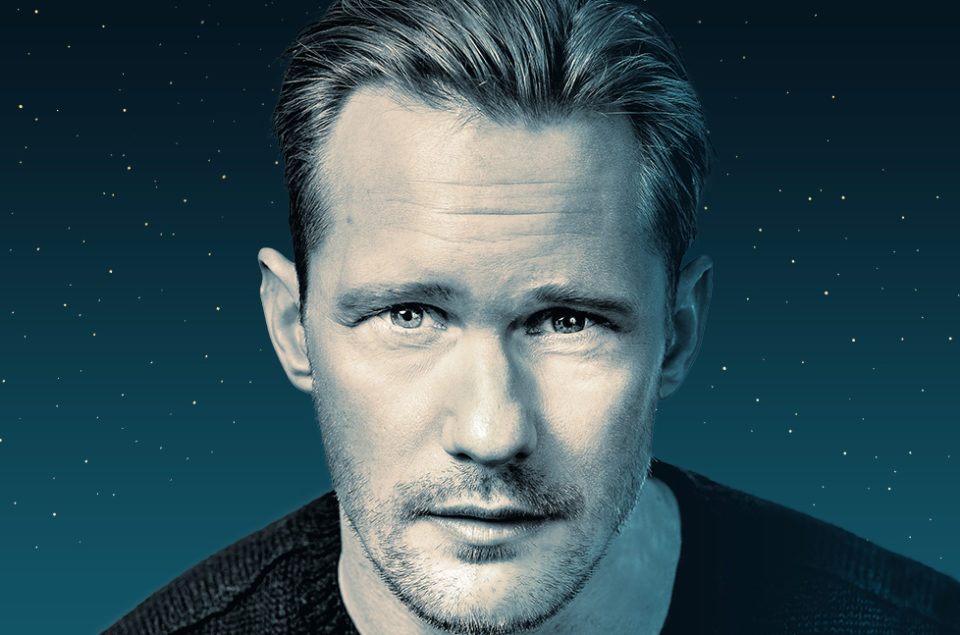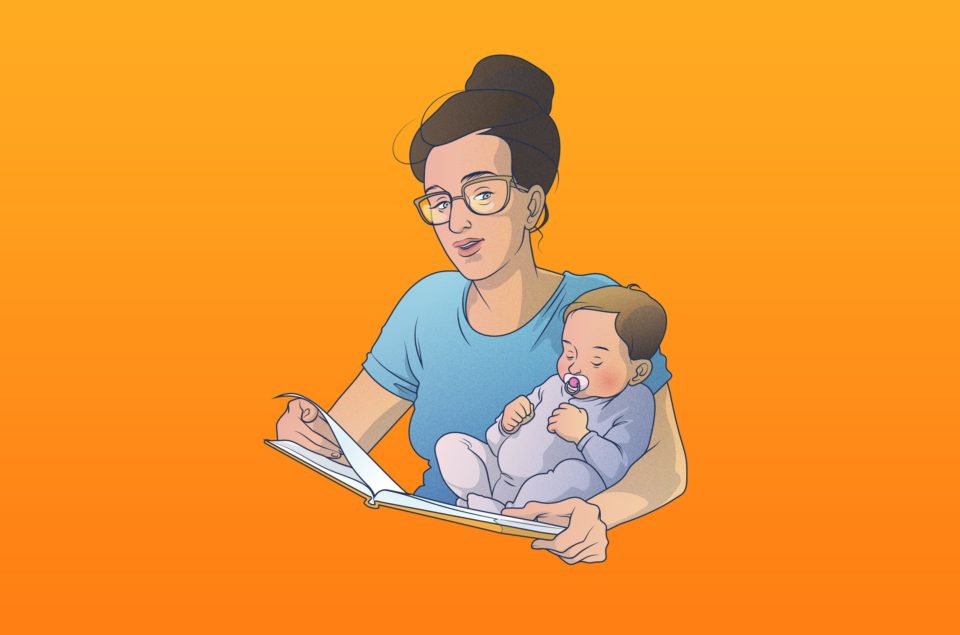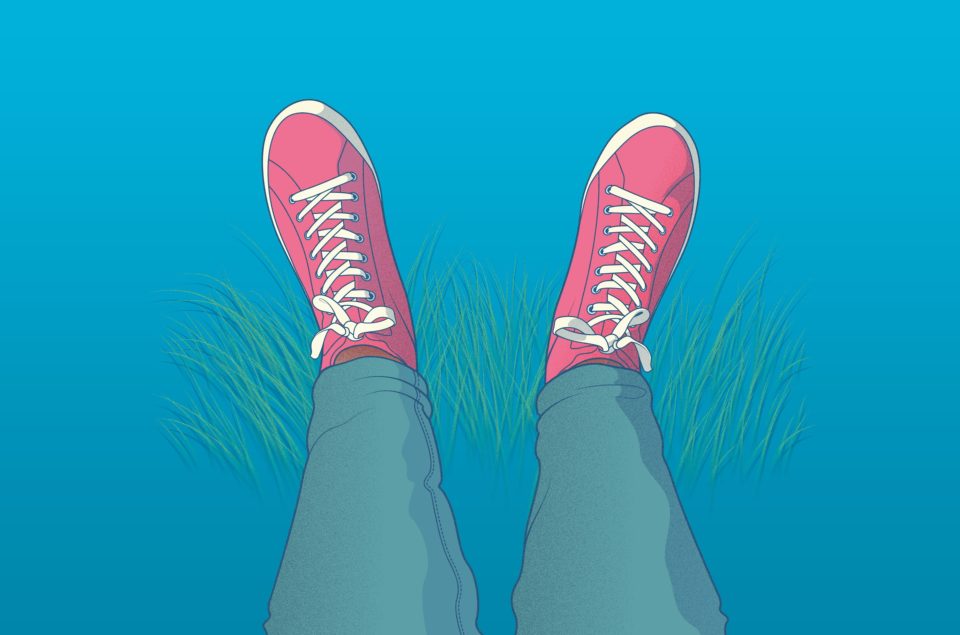We spoke with a Sleep Cycle user who started using the app in 2011 and has tracked over 4,000 nights of sleep. NB is an early adopter of technology, a self-described tech geek, an entrepreneur, and a creative professional who works in the film, music and tech industries. She has accumulated a wealth of data and self-knowledge along the way and shared some insights from her sleep journey.
When did you start using the Sleep Cycle app?
In 2011, according to my data. I’ve always had difficulty with sleep. At the time, I was in the middle of launching a start-up, and a friend who’s a screenwriter suggested I try the app. He said it helped him a lot, so I downloaded it and started using it. I’m interested in data and I’m kind of a tech geek, so I thought it was fun. I tried to look at patterns that would help me over time.
In the beginning, using the app made me aware of my sleep habits. Whether I changed them or not back in 2011, I can’t remember, but I was aware of them.
And then life happens. I lost my brother tragically two years later in February of 2013 and I couldn’t sleep at all. You can see the dip in my sleep quality from the data in this screen capture:
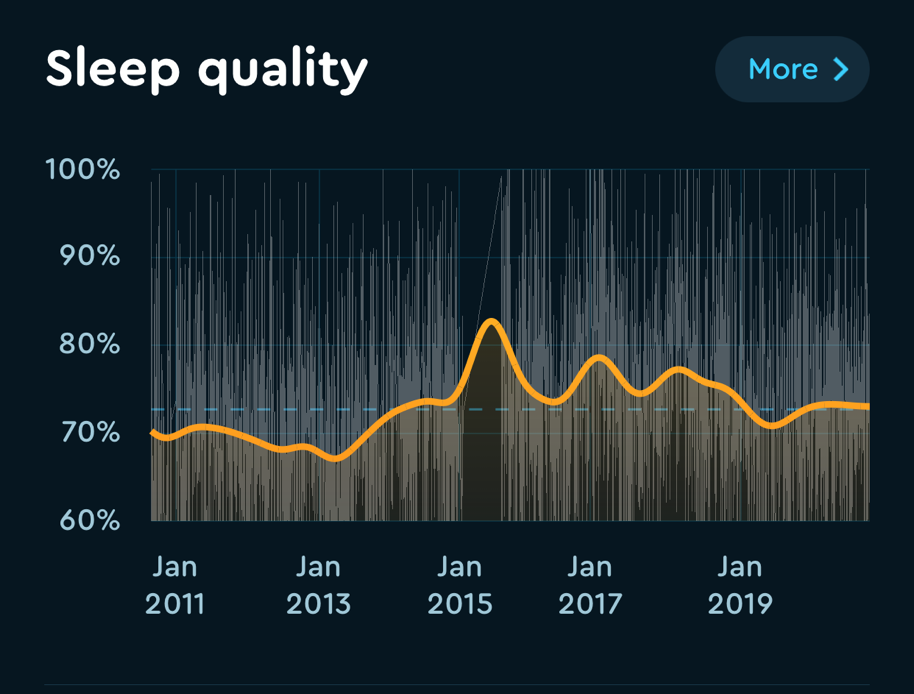
In 2013, I was also part of another start-up that got incredibly busy. It was all very exciting, but it was a lot of pressure and I wasn’t sleeping because I was working all the time. I was also traveling a lot. Around that time, I noticed the capability of tracking where you are when you’re sleeping, along with temperature and humidity. I found I slept better when I was traveling, but I didn’t sleep so great at home. And it made me question what that was all about. I have added a humidifier, a HEPA filter and fan sounds as well as reducing light leaks in the room where I sleep just to see what would improves the quality of my sleep within my home environment. I have adopted these things over time and they make a big difference.
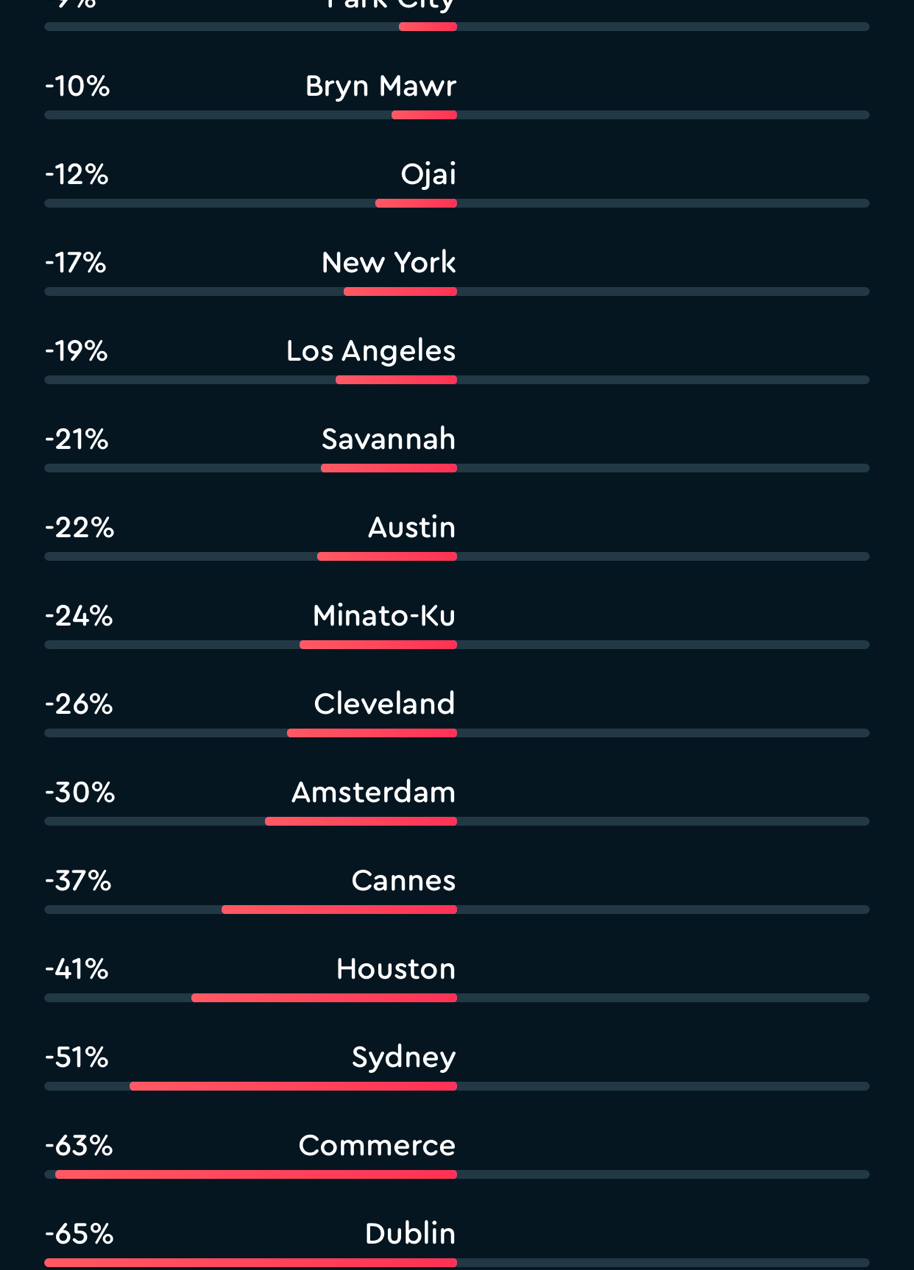
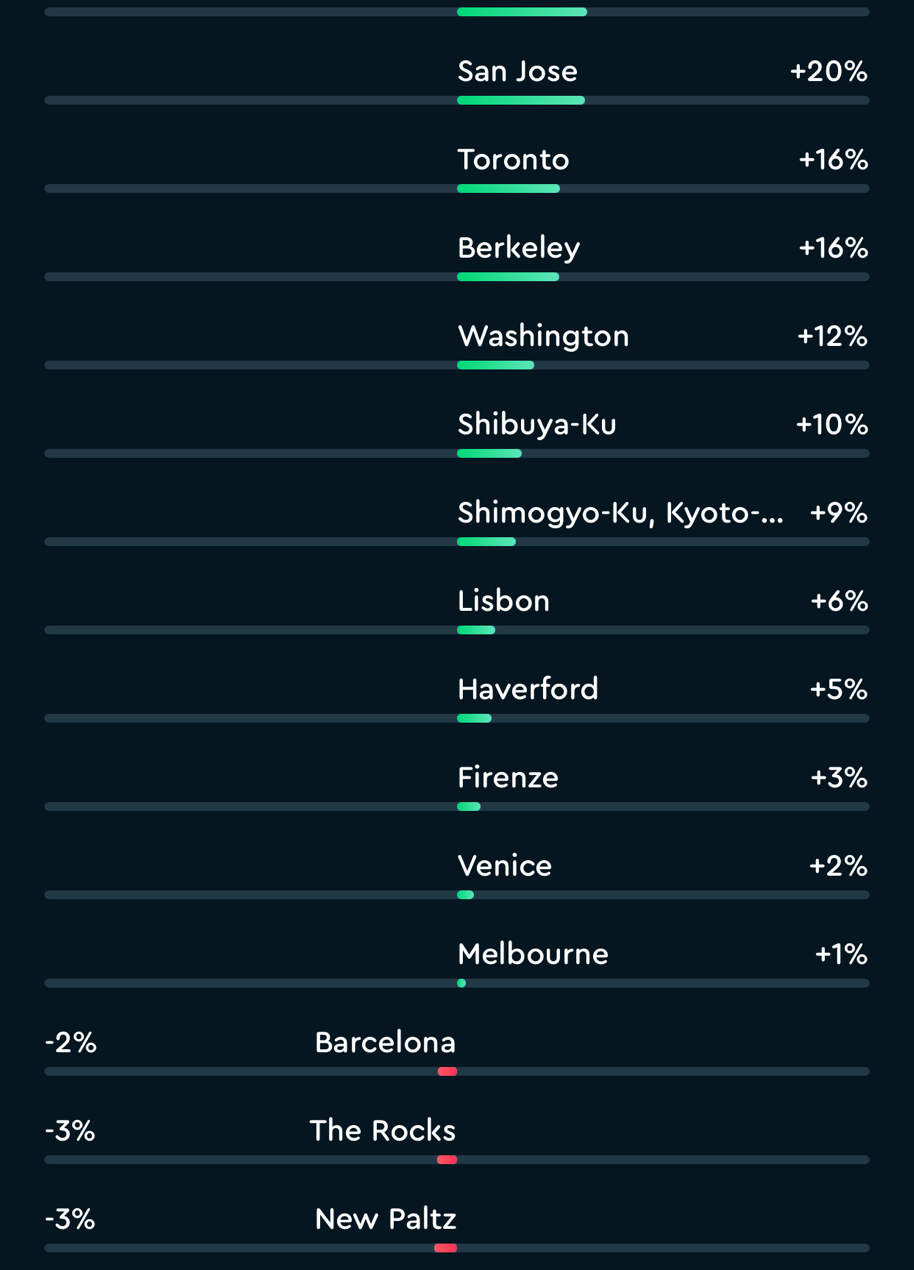
A couple of other things changed in my life. Starting in 2012, I was in a very solid relationship. Five years ago, I got my first yellow Lab, which changed my sleep cycle a little bit. In the beginning, he cried in the middle of the night as puppies do and that would wake me up. Two years ago, I got another one, and he has the same sleep problems I do. Sometimes the dogs sleep next to me and they snore. I am pretty sure the snore data is not all me. In fact, I am pretty certain the snoring data is the second Lab!
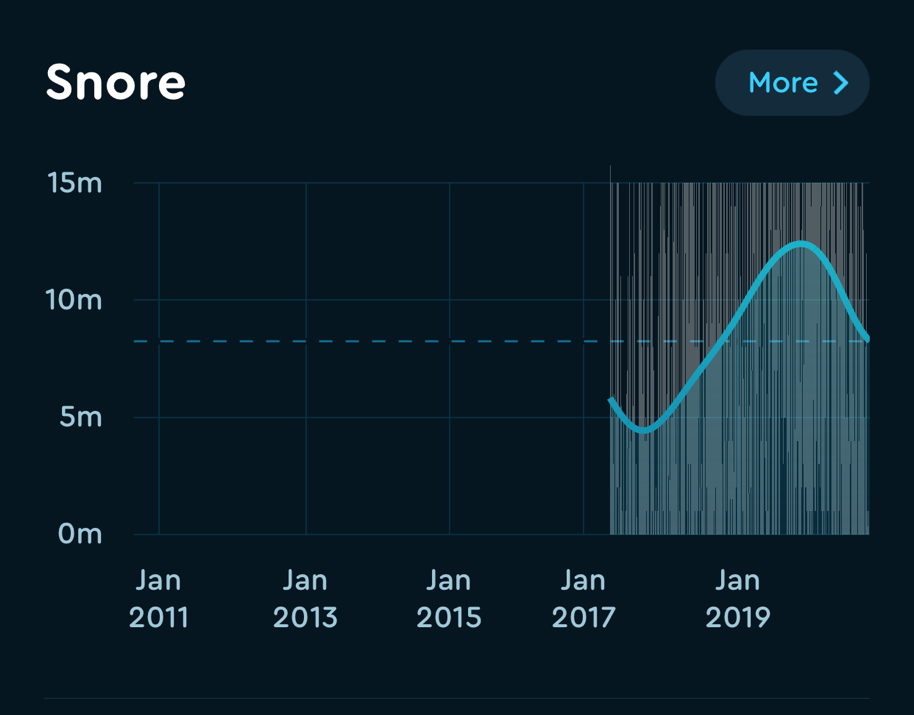
The past two years, I’ve been waking at 5:45 on a regular basis. I don’t know if it’s dogs or the hot water heater going on that wakes me – I can hear a pin drop across the world.
Is that a change in wakeup time from what you were experiencing five or 10 years ago?
Yes. Part of that is not needing as much sleep because I’m getting more exercise. I can see that impact in the data. I’ve seen that the more exercise I get, the better I sleep. I like knowing that my pulse has been steady throughout the night. It’s also interesting to look at the days of the week and see how that changes. I sleep less in the beginning of the week and slowly fade into a more relaxed state. I’m more in-tune to that now. Monday, Tuesday, Wednesday are kind of rough but I’m okay because I’ve slept over the weekend.
You seem to be very health conscious. How does having data play into your health awareness?
With any data, you need to have a good chunk of it, and I certainly do. That’s one of the things that has kept me on the app. The developers have maintained the app consistently since I first downloaded it in 2011. They have made updates. The data is private and secure. I can download the data and examine it first-hand. It’s important to have a sample set of data that you’re cognizant of generating, and then you can reflect upon what you see. I think that everyone should be curious and interested in your own data. Certainly, in its value and privacy settings. It’s not just that I’m a nerd — I’d like to improve upon the way I live. It’s been insightful and fascinating to have the Sleep Cycle data.
Have you seen an improvement in sleep quality over the years?
Yes! My graph of sleep quality over time is a steady climb. I can see the time I get up, the time I go to bed, how long it takes me to fall asleep, how exercise impacts it (which has been intense the last three years). I moved to a place with more hiking and I go out for an hour walk every morning, if not twice a day with the dogs. So, I can see the improvements that I make and have the cause-and-effect conversation with myself.
I find it fascinating to see how affected my sleep quality is by location and climate. I can see how I sleep from Massachusetts to Toronto to Shibuya in Tokyo to Lisbon, to Florence to Venice to Melbourne to Ojai to New York. My sleep is really bad in Los Angeles, but it’s the worst in Oakland. I know why that is, and it is not relevant to any of your readers.
I’m extremely affected by weather. Fog seems to be best for my sleep. Rain showers are bad for it. I surmise that’s due to sound. It’s interesting to see how air pressure plays into it, even how I’m affected by the moon. I sleep better after the full moon. Right before the full moon is a disaster. Much of the data I see looks parabolic. I enjoy the app a lot.
Is there anything you’ve learned over the years that you incorporate into your bedtime routine to help you sleep?
I’ve always been a night owl. Adjusting to a normal daytime schedule is tough. I’m a media tech person, so I want to watch films and series at night or play video games and it’s hard for me to turn that off. I’m aware of the negative impact that monitors have on sleep, but I haven’t really done much about it. Sound plays a huge roll for me. I’ve learned that I sleep better with earplugs. I certainly sleep better if there’s no light, so I use black-out curtains or sometimes a mask. I should put one on the younger dog! I’ve learned that listening to audiobooks is good for sleep, but music wakes me up due to its richness of orchestration.
Do you have any goals for your sleep or for your data?
I’d like to get a clear differentiation in sleep data during siesta time versus sleep time. I’m a believer in the Spanish and Italian cultural habits of taking a nap in the afternoon. I feel energized when I do that, even if I’ve only had four or five hours of sleep. So, it’d be nice to see the difference in the combined results of those types of sleep.
Do you think creative people get less sleep?
Yes. There’s a non-scientific sense of time and experience with creative people. The person who told me about the app is an incredibly creative person. There’s a ‘busy mind’ quality to those of us who do the creative visual and auditory work.
Of course, I’d like to get more and better sleep. Give me six hours. I’m really happy when I get eight hours, but I can’t remember the last time I did that. But it has improved over these nine years. I have an active mind. I’m constantly thinking about things I want to do and problems I would like to solve. The time just before I fall asleep or awaken is particularly productive. Those are calm states for me, so calming the mind is a goal. Meditation is something I’ve practiced for a while and would be a good thing to incorporate into my Sleep Cycle routine.
